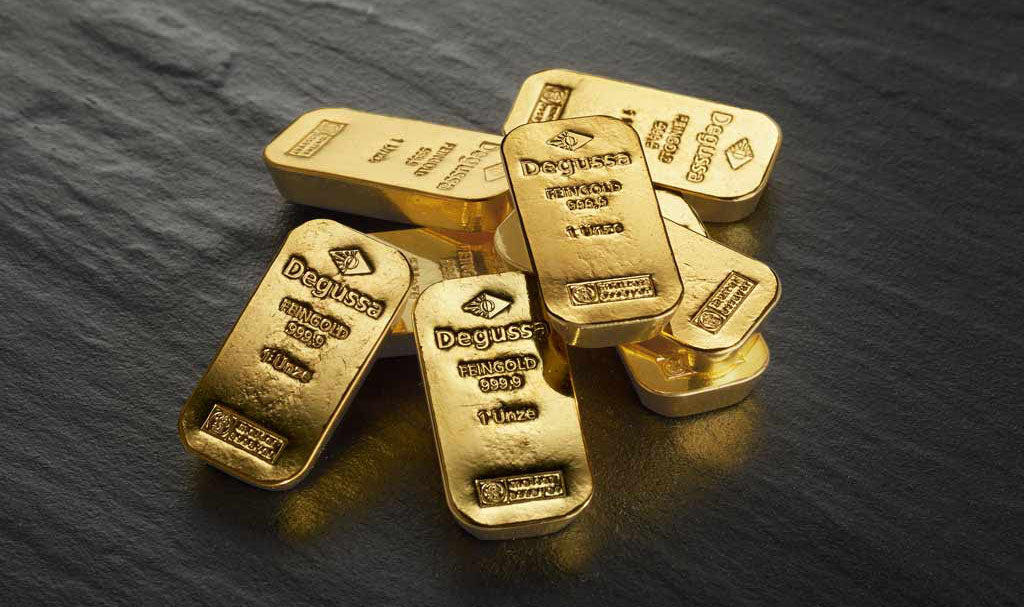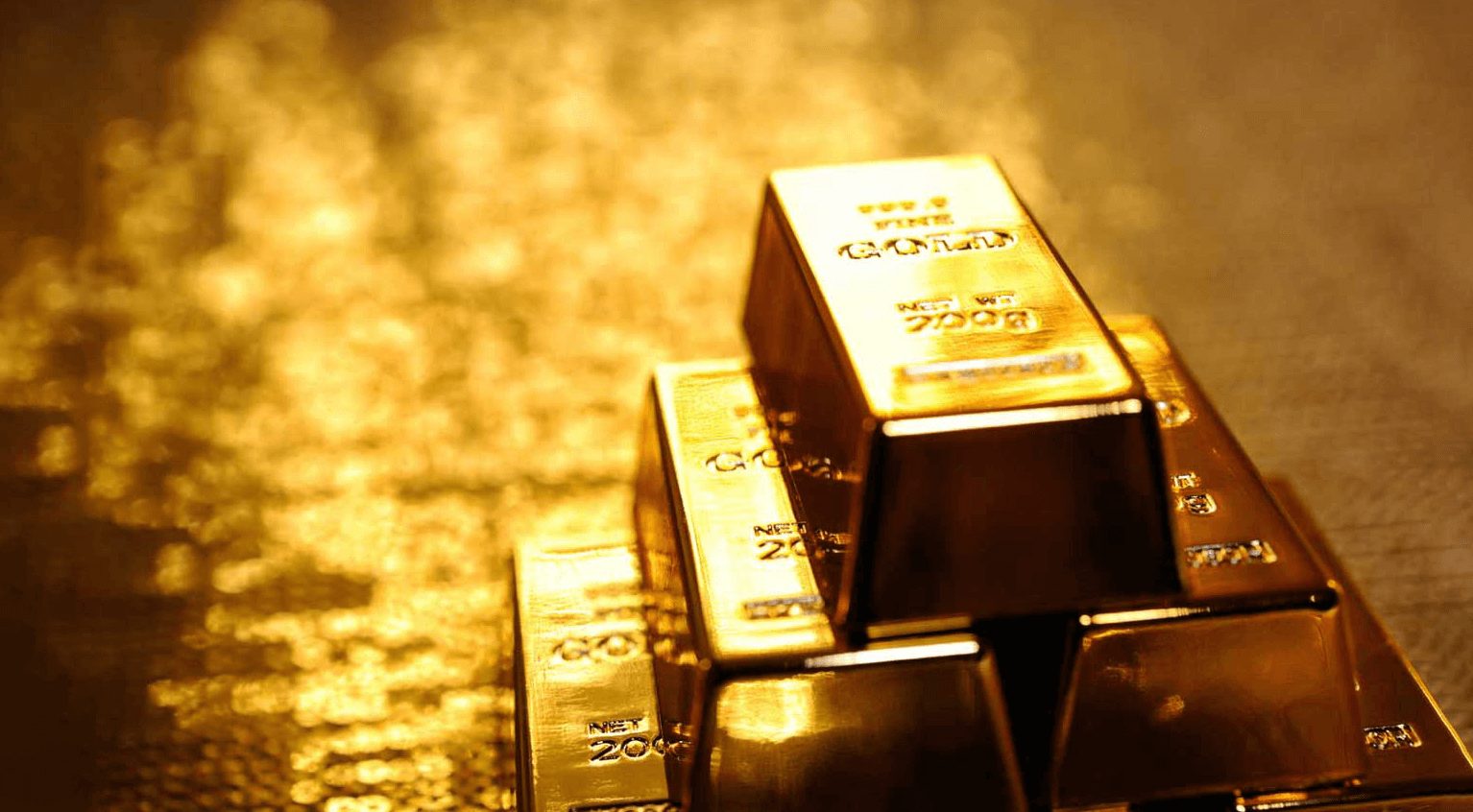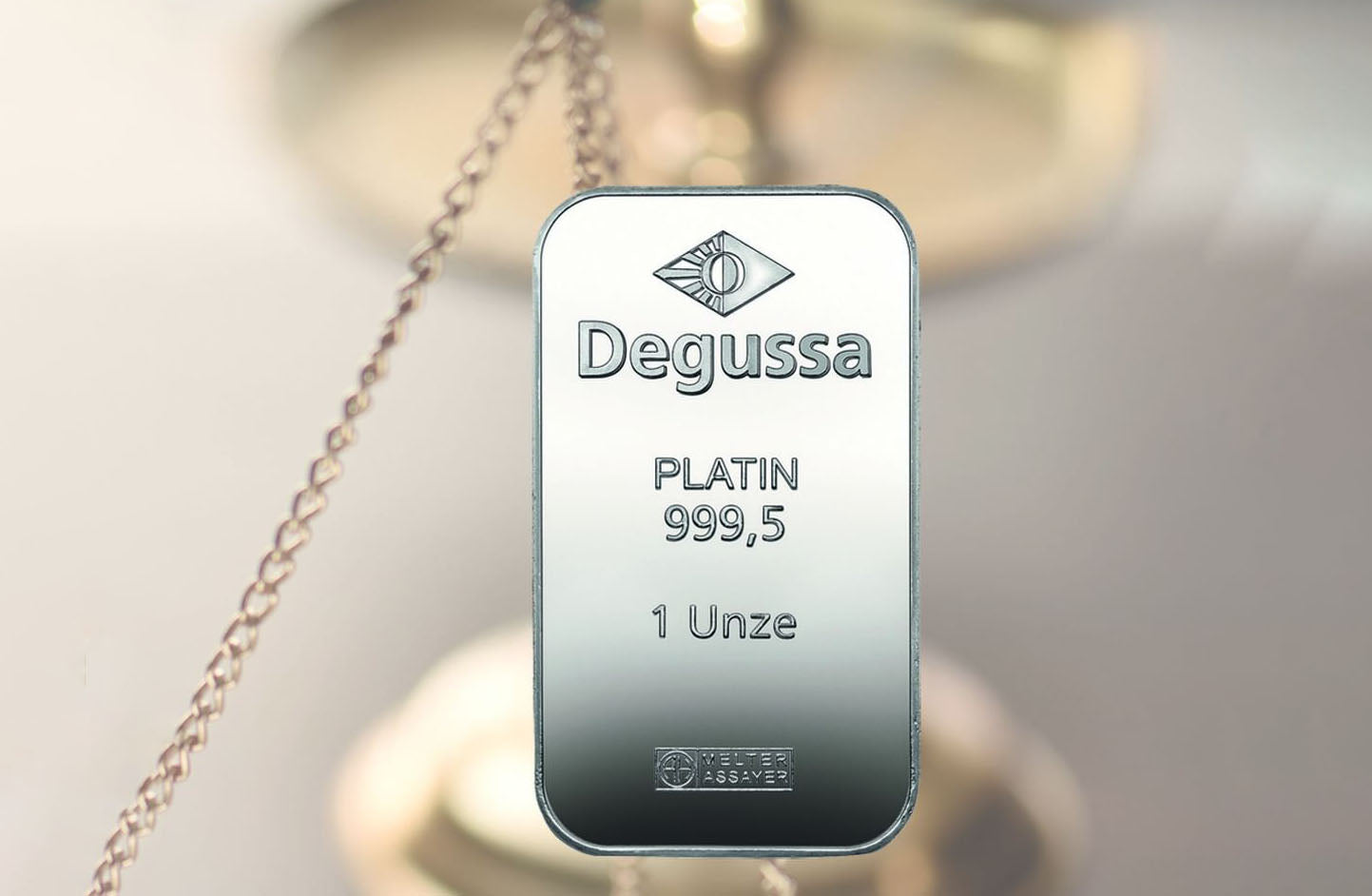Investing in precious metals, such as gold, silver, platinum, and palladium, has been a popular option for investors for centuries. Precious metals are seen as a safe-haven asset that provides a store of value and a hedge against inflation and economic uncertainty. In this article, we will explore the advantages and disadvantages of investing in precious metals.
Many financial advisors recommend diversifying your portfolio, which is essentially spreading your investments across an array of stocks and commodities to help minimize risk; if one investment drops in value, it can be beneficial to have additional investments that may not be as greatly affected by the market.
Precious metals provide not only a hard asset, but an ideal safe haven investment that has historically withstood economic uncertainty. The utility and rarity of these metals has been treasured for centuries as a monetary device and a symbol of wealth.
 Types of Metals
Types of Metals
Precious metals are naturally occurring metallic elements that are relatively rare to find, which has contributed to their value throughout history.
It is common to find metals like gold and silver in jewelry, but precious metals also have a wide variety of industrial uses as well. The supply and demand of these metals across various industries is what causes spot prices—the current price of a metal—to stay in flux while markets are open.
The most common precious metals used for investing include:
Gold: Treasured for its durability, malleability, and conductivity, gold is primarily used as a form of currency and in the making of jewelry. It has additional uses in electronics and dentistry.
Silver: With more industrial uses than gold, silver price fluctuations are often more volatile; but its affordability makes it an ideal choice for beginner investors. Silver is used for electrical appliances, medicinal applications, batteries, circuits, and a variety of other purposes.
Platinum: Due to its rarity, far less platinum is pulled from the ground than gold. The most common use of platinum outside of ornamental purposes is in the manufacture of automotive catalytic converters. It is also used in the computer industry and for chemical refining.
Palladium: Similar to platinum, palladium is used to make engines and ceramic capacitors in chargeable electronics. It can also be alloyed with gold to make white gold, which is mostly used for jewelry.
Some investors also choose to buy copper, magnesium, zirconium, iron, and other metals that have a host of industrial uses.
Advantages of Investing in Precious Metals
One of the main advantages of investing in precious metals is their stability. Precious metals have been used as a form of currency for thousands of years and have a proven track record of maintaining their value over time. They are considered a safe-haven asset that tends to hold its value even during times of economic uncertainty and market volatility.
Another advantage of investing in precious metals is their diversification benefits. Precious metals offer investors an opportunity to diversify their portfolios beyond traditional stocks and bonds. This can help to reduce overall portfolio risk and provide a more balanced investment strategy.
Additionally, precious metals offer a tangible asset that can be held physically. Unlike stocks and bonds, which exist only as digital records, precious metals can be held in the form of coins, bars, or bullion. This provides investors with a sense of security and peace of mind, knowing that their investment is physically in their possession.

Disadvantages of Investing in Precious Metals
-
Cost of storage: Precious metals are physical assets, so you'll have to pay for a place to store them. You can buy an expensive safe or use a secure storage facility, but either way it's an added expense. If you're going to keep your gold and silver at home (which we don't recommend), then you'll need somewhere safe that's out of reach from potential thieves or burglars--and this will likely be another cost.
- Difficulty in liquidating: While it's easy enough for someone who owns cryptocurrency like Bitcoin or Ethereum to sell their holdings on an exchange such as Coinbase or Bittrex, selling off precious metals isn't quite as simple because there aren't many buyers looking for large amounts at any given time--and those who do want them may not want yours specifically! This means that if you want cash now rather than waiting until later when prices might rise again (or fall), then selling off your coins could mean taking losses instead of profits--which is why many people choose not invest in cryptocurrencies at all but rather hold onto their investments until they reach maturity before cashing out completely."
Investing crypto (BTC, ETH, LTC, DCR, DOGE, DOT, USDT and XMR) in precious metals can offer many advantages, including a hedge against inflation, diversification, and a tangible asset. However, it also comes with its own set of risks and disadvantages, such as volatility, storage costs, and illiquidity. Ultimately, the decision to invest in precious metals will depend on an individual's risk tolerance, investment goals, and overall financial situation. It's important to do your research and understand the risks and benefits of investing in precious metals before making any investment decisions.
If you decided to begin investing in precious metals, we invite you to browse Degussas’s selection of precious metals. Our extensive catalog of products contains gold, silver, platinum and palladium bars.
BUY PRECIOUS METALS WITH CRYPTO.
Safe. Fast. Confidential.

